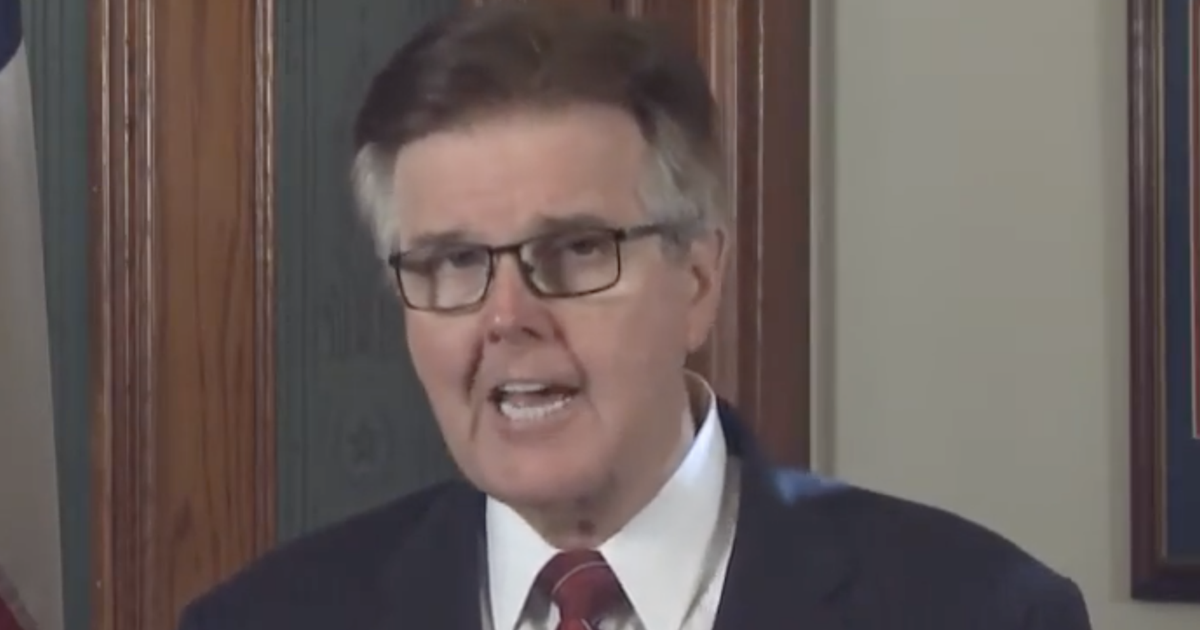In a surprising move, Texas Governor Greg Abbott recently vetoed Senate Bill 3 (SB 3), which aimed to ban THC in the state. Lieutenant Governor Dan Patrick expressed confusion over the timing of the veto during a news conference, questioning why Abbott waited until the last moment to reject the bill, which was among 26 vetoes announced on the final day allowed under Texas law.
Abbott’s veto came after the state legislature had concluded its regular session, leaving no opportunity for lawmakers to override his decision. In response, Abbott called for a special legislative session to review six bills, including a revised version of SB 3 intended to regulate THC more tightly.
In his proclamation, Abbott justified the veto by emphasizing the need for stringent regulations to protect both minors and adults. He argued that the bill, while well-intentioned, would face significant constitutional challenges that could delay its enforcement for years, thereby leaving existing issues unresolved. He cited previous legal challenges to similar laws in Arkansas as a cautionary tale.
Abbott pointed out that the 2018 federal legalization of hemp products transformed hemp and its derivatives into lawful commodities, indicating that any state legislation that contradicts this could face legal hurdles. He contended that SB 3 would criminalize products that Congress has already legalized, potentially creating legal liabilities for Texans involved in the hemp industry, including farmers and pharmacists providing FDA-approved medications.
To address the complexities of regulating THC, Abbott proposed a framework similar to that used for alcohol. He outlined 19 potential regulations, including restrictions on sales locations, packaging standards, advertising rules, and age limits. Patrick, however, voiced concerns regarding Abbott’s approach, asserting that legalizing marijuana through regulation would ultimately not protect Texans effectively. He argued that banning THC would be a more straightforward solution, given the challenges of monitoring thousands of locations selling cannabis products.
Patrick criticized Abbott’s rationale concerning the Arkansas lawsuit, suggesting that legal risks should not deter Texas from passing necessary legislation. He asserted that federal law allows states to impose their own regulations on cannabis and pointed to successful THC bans in other states like California and Colorado without significant legal issues.
The disagreement between Abbott and Patrick reflects a divide within Texas politics regarding cannabis policy. While Abbott appears to be moving toward a regulated legalization model, Patrick and other Republicans remain staunchly opposed to legalization, advocating for a complete ban on THC.
The Texas Republican Party platform explicitly opposes the legalization and decriminalization of cannabis, calling for maximum penalties for drug manufacturers and distributors and maintaining cannabis as a Schedule I substance. This conflict may hinder progress during the upcoming special session, as lawmakers grapple with reconciling Abbott’s regulatory vision with Patrick’s push for an outright ban.
As discussions continue, the future of cannabis regulation in Texas remains uncertain, with potential implications for both the industry and consumers alike.




